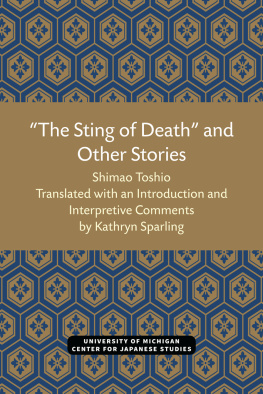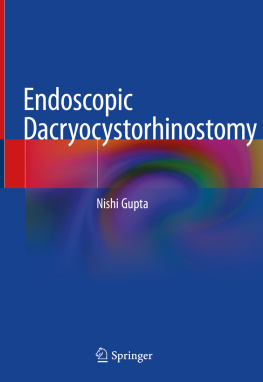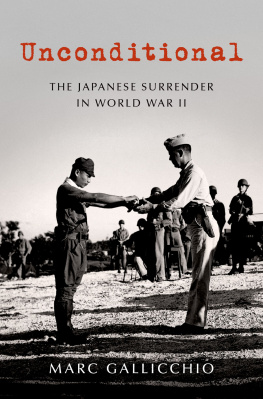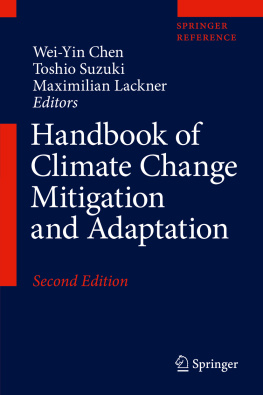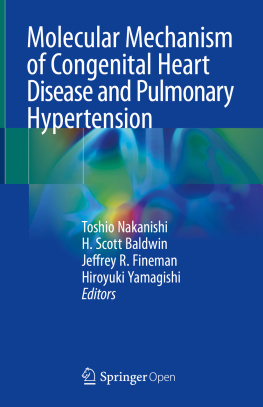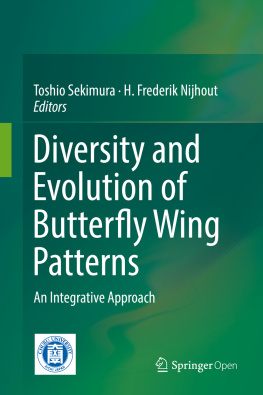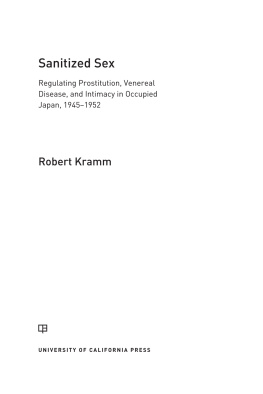Education and Society
Paul R. Hanna, founding series editor
Gerald A. Dorfman, series editor
Publications in the Education and Society series, a research project of the Hoover Institution on War, Revolution and Peace, address issues of education's role in social, economic, and political affairs. It is hoped that insight into the relationship between inculcated values and behavior and a society's approach to development will contribute to more effective education for the establishment and preservation of justice, freedom, and peace.
Unconditional Democracy: Education and Politics in Occupied Japan, 1945-1952
Toshio Nishi
Education and Social Change in China: The Beginnings of the Modern Era
Sally Borthwick
Educational Reform and Administrative Development: The Cases of Colombia and Venezuela
E. Mark Hanson
Assuring Quality for the Social Sciences in Our Schools
Paul R. Hanna
Cultural Revolution in China's Schools, May 1966-April 1969
Julia Kwong
The Hoover Institution on War, Revolution and Peace, founded at Stanford University in 1919 by Herbert Hoover, who went on to become the thirty-first president of the United States, is an interdisciplinary research center for advanced study on domestic and international affairs. The views expressed in its publications are entirely those of the authors and do not necessarily reflect the views of the staff, officers, or Board of Overseers of the Hoover Institution.
www.hoover.org
Hoover Institution Press Publication No. 244
Copyright 1982 by the Board of Trustees of the Leland Stanford Junior University
All rights reserved. No part of this publication may be reproduced, stored in a retrieval system, or transmitted in any form or by any means, electronic, mechanical, photocopying, recording, or otherwise, without written permission of the publisher.
First printing, 1982
First paperback printing, 2004
14 13 12 11 10 9 8 7 6 5 4 3
Manufactured in the United States of America
The paper used in this publication meets the minimum requirements of American National Standard for Information SciencesPermanence of Paper for Printed Library Materials, ANSI Z39.481984.

Excerpted with permission:
Reminiscences by General of the Army Douglas MacArthur, McGraw-Hill Book Company. Copyright 1964 by Time Inc.
The Yoshida Memoirs by Shigeru Yoshida. Translated by Kenichi Yoshida.
First American edition, 1962. Copyright 1962 by Shigeru and Kenichi Yoshida.
Reprinted by permission of Houghton Mifflin Company.
Japan's American Interlude by Kazuo Kawai. Copyright 1960 by University of Chicago Press.
Sources of Japanese Tradition by Ryusaka Tsunoda, William Theodore de Barry, and Donald Keene. Copyright 1964 by Columbia University Press.
ISBN 978-0-8179-7441-1 cloth
ISBN 978-0-8179-7442-8 pbk
ISBN 978-0-8179-7443-5 ebook
Library of Congress Catalog Card Number: 80-8328
Preface to Paperback Edition
In every man's life, in every nation's existence, there is an extraordinary moment of revelation when faith in certitude vanishes like dewdrops in the summer sun, leaving in its wake a mirage of unrecoverable splendor.
On the bright horrific morning of September 11, 2001, America's hearts and souls united for justice. The American flag colored the land. The United States had no choice but to search and destroy the guilty. The battle cry regime change for democracy echoed the rightful rage and hopes of the American people.
Islamic Iraq, one of the oldest civilizations on earth with the world's second-largest oil reserves, had emerged as a hotbed of terrorism. Confronted by U.S. soldiers, the Iraqi leaders and troops who had presented themselves as formidable combatants proved with dazzling swiftness to be skillful at hiding among civilians. Baghdad fell in only three weeks. Then, the whole world witnessed looting, plundering, pillaging, and shooting by and among the Iraqi people themselves.
Can a ravaged and anarchistic Iraq in the interminably volatile region be guided to democracy and prosperity? Can the United States transform the ethnocentric fervor of Islam to a sustainable energy for democracy? Is there even a glimmer of hope for Afghanistan, the poverty-stricken and relentlessly warring ancient land?
History favors the fortunate, indeed. The United States has a brilliant track record of effecting a regime change: witness Imperial Japan.
Imperial Japan, fiercely proud, had fought to the last soldier against the strongest nation in the world and lost. Then, undergoing a spectacle of extraordinary metamorphosis, Imperial Japan was transformed into a prosperous democracy and the best friend of the United States in the Asia-Pacific region.
Five days before I was born in Osaka, Imperial Japan, presuming an imminent attack from the United States and underestimating the enemy, bombed beautiful Pearl Harbor. Japan called it the preemptive first strike. America retaliated with a vengeance by firebombing all the major cities in the Japanese archipelago.
In burning Tokyo, in the heart of the empire ablaze, the Japanese, who had survived the massive blanket bombings by the feared flying fortress B29s and the two atomic bombs, waited for the dishonor of surrender. The exhausted and hungry Japanese could no longer recall the roars of victory of December 7, 1941, on the streets of Tokyo. Throngs of women and children inspiring the soldiers to kill every enemy had also died for the promise of eternal glory. Four horrible years. The Empire of the Rising Sun sacrificed everything, even its own soul, but could not repel the American forces. In the collective Japanese mind, being alive in the aftermath of battle was tantamount to unbearable shame.
I remember leaving Osaka with my mother for the mountainous countryside, where she, a wealthy landowner, held a large agricultural piece of land and employed many tenant farmers. The train we took had all its windows painted black to hide from the B29s, which rained incendiary firebombs on everything visible or moving. Even with that precaution our train crawled in the darkness of the night. I was four years old. Soon afterward, Osaka was reduced to a smoldering heap of charcoal. I heard adults whispering that the smoke smelled of decay. Perhaps it was the pungent odor of a dying empire.
President Harry S. Truman assigned the illustrious U.S. Army general Douglas MacArthur to the unprecedented task of changing militant Japan to a peace-loving nation. We, conquered and starving, thought the tall, handsome, and charismatic MacArthur was the missionary of democracy. He told us he was. My mother would lose her land because MacArthur said that the absentee landlord was feudalistic, hence a hindrance to democracy, and ordered her land, which her family had owned for hundreds of years, to be handed over free of charge to the tenants. She believed for a long time that MacArthur was a communist.
The United States occupied Japan for seven years and changed the regime. Japan has become a shining showcase for U.S. foreign policy, a great success by any standard anywhere in the world. Unconditional Democracy is a detailed account of the massive regime change from the perspective of a Japanese boy, who grew up in devastated postwar Japan and went to America to graduate school.
The American success in Japan, however, has raised some serious questions for the Japanese people; that is, for democracy and prosperity have we traded something precious and unrecoverable that we should have kept at all costs?




